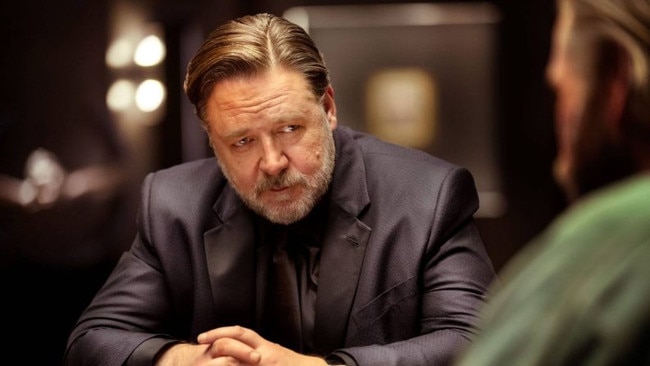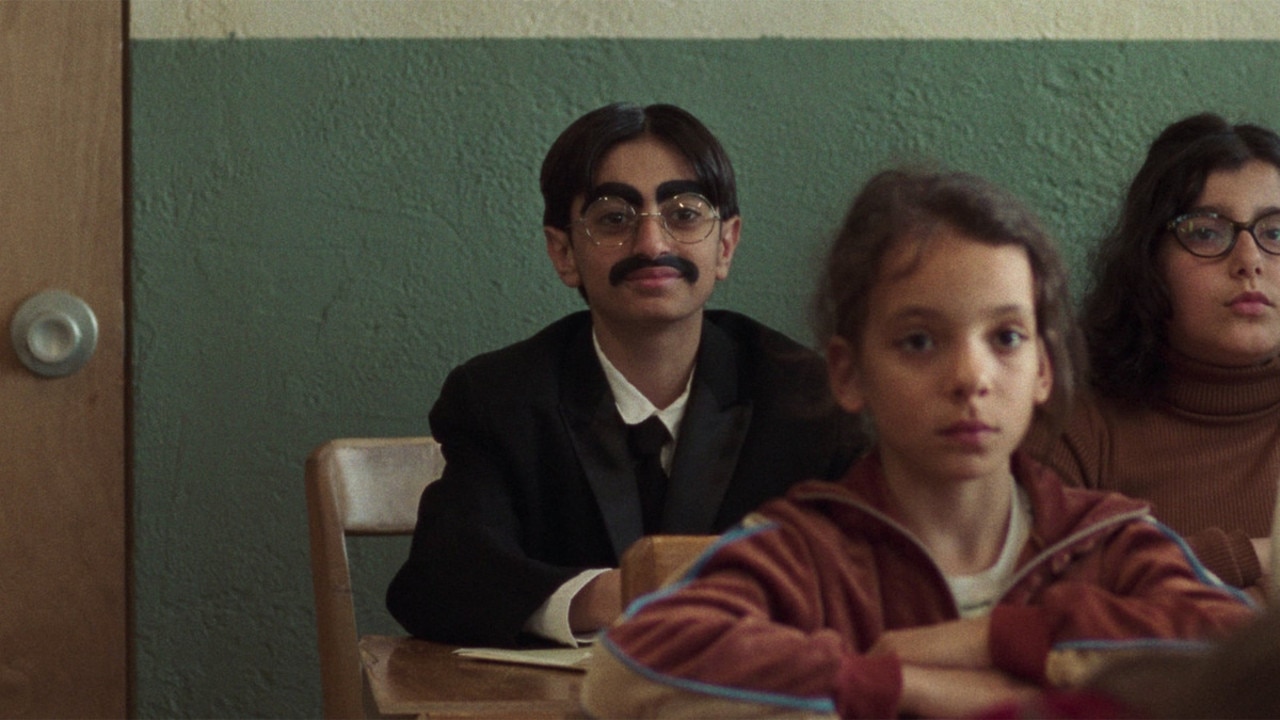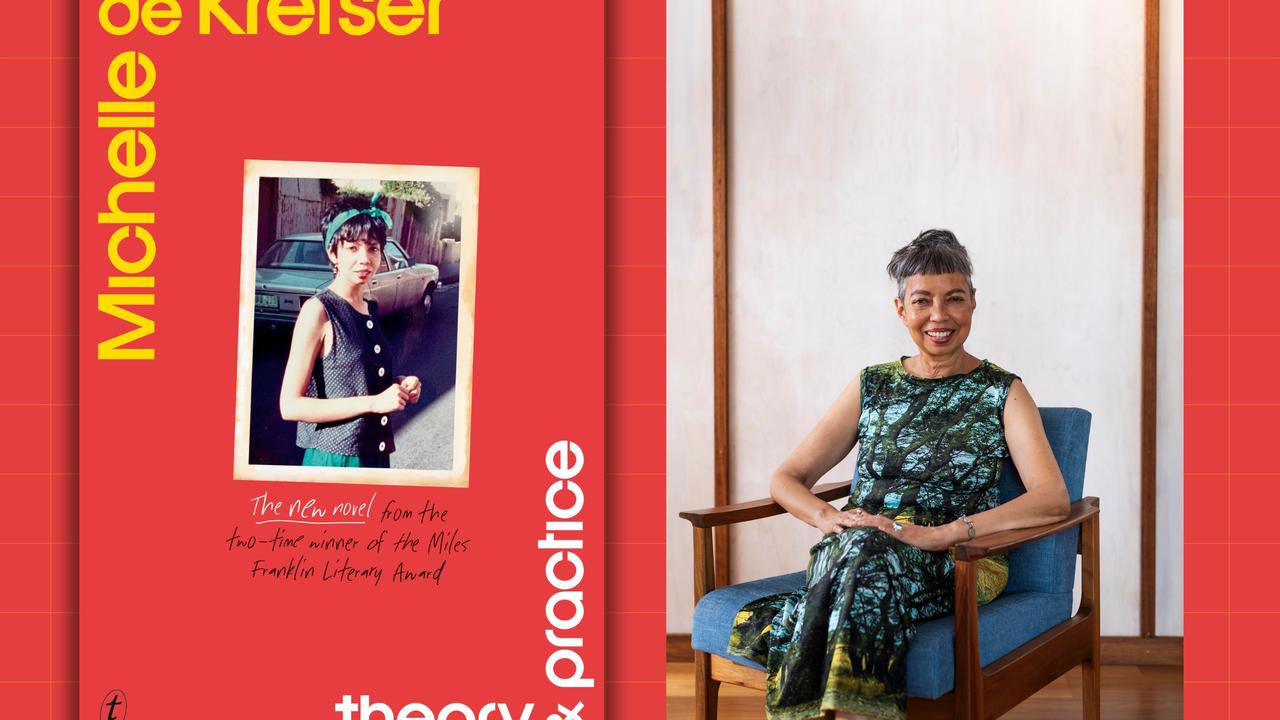Russell Crowe’s Poker Face is a disjointed mess: movie review
It’s been a long time between directorial drinks for Russell Crowe. But even if his latest film is full of imperfections, we can forgive him.

There are a couple of ways of looking at Poker Face, a high-stakes contemporary thriller written and directed by Russell Crowe, who is also the star.
The New Zealand-born Australian is one of the finest actors working today, as he shows in this movie, especially in quiet moments as his character contemplates an abridged future.
This is his second go behind the camera, following his 2014 directorial debut The Water Diviner, a World War I aftermath drama.
That’s a long time between drinks and one way of seeing it is that Crowe had a head full ideas and decided to cram them all into a 95-minute movie and the result is a bit of a disjointed mess.
Another perspective is that this was his plan all along. Life can be a bit of a disjointed mess. The pieces often refuse to click together as we hope they will.
That is certainly the case for Sydney-based tech billionaire Jake Foley (Crowe), who is 57 and facing a death sentence. He has pancreatic cancer.
In one of the strangest scenes I have seen in any film, he heads off to a rural wellness retreat and sits around a campfire strumming a guitar and chatting to – this is the strange bit – Jack Thompson.
Yes, Thompson, with both his hair and beard in ponytails, is playing some sort of shaman, but what it looks like is old cobbers Rusty and Jack having a bit of a lark. Jake is told there are brown buckets and orange buckets that he can use as he purifies himself. When it’s time to leave the shaman hands him a leather pouch that contains a vial of “truth serum”.
Taken in small doses, this serum “opens doors”, calls people’s bluff. Larger doses, however, are lethal. This takes us to what may or may not be the central plot of the film.
Jake, a poker player since his teens, has set up a game with his four childhood friends: Mikey (a bearded, bedraggled Liam Hemsworth), Alex (Aden Young), Paul (Steve Bastoni) and Drew (American rapper RZA).
They have been out of touch for a while. “Taking a break from old friends,” Jake tells his teen daughter (Molly Grace), “reminds you how much they mean to you.” His first wife, her mother, has been dead for a decade.
In the credits, the “story and original script” is by Melbourne-based Stephen M. Coates but the “screenplay” is by Crowe. In one interview, Crowe said the script had been fiddled with by so many people that he had to more or less start from scratch.
As writer-director, he holds back on the biographies of the old mates, perhaps deliberately. One hopes the truth serum will tell us more.
What we do know is that Paul is a government minister. Whether federal or state is unclear. Alex is a writer of books of some sort. Mikey drinks two bottles of vodka a day and has a pistol tucked into his pants.
Drew, an American, spent his youth in Australia as a military kid, where he met Jake, also a military kid. Drew runs the tech firm that makes billions. It started out as an online poker game and morphed into a surveillance system that is used by the armed forces in unidentified countries.
The friends, except Drew, who turns up later, meet at Jake’s harbourside apartment – view of the Opera House and so on – and are handed the keys to ridiculously expensive cars.
They’re told to drive to Jake’s oceanfront estate somewhere outside of Sydney. Crowe reportedly borrowed some of the vehicles from talkback radio king John Laws.
It’s here the real story starts, maybe. Jake tells his friends they can keep the cars or take $5m in chips for a game of Texas hold’em.
The dealer, Penelope (Elsa Pataky), wears a low-cut black dress. The friends take the chips. Jake opens vintage wine and sprinkles, without anyone seeing, the truth serum.
This is an intriguing set up. Yet while some truths do emerge, this poker game is pushed aside – by the director first, it must be said – and then by a triumvirate of criminals who break into the estate to steal Jake’s multimillion-dollar art collection.
The snatch and grab men (Paul Tassone, Matt Nable and Benedict Hardie) are the comic highlight of this movie.
Hardie’s character is the art expert and his exchanges with the other two, who only want to know how much each painting might be worth on the black market, are funny. Anyone who knows even a little bit about art will enjoy this.
So now we have five friends, three criminals, one of whom is related to one of the friends, and of course Jake’s daughter and second wife, who pop by for a visit, in the same place.
As I watched, I thought of Tom Jeffrey’s gripping 1975 film The Removalists, adapted by David Williamson from his own play. There are some similarities. I also thought that the Oscar-winner Crowe, as successful as he is, decided to make a film about how so much of it doesn’t matter in the end.
“It may not be the best decision I’ve made,’’ Jake says of the truth serum poker game, “but at least I won’t live to regret it.”
A bit later he muses that it’s important to forgive imperfections in the people we like and love. I think this movie is full of imperfections and almost all of them are forgivable. Not the ending, however. It’s a pair of sevens.




To join the conversation, please log in. Don't have an account? Register
Join the conversation, you are commenting as Logout